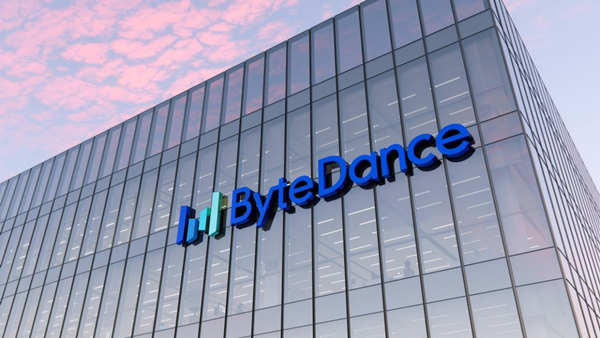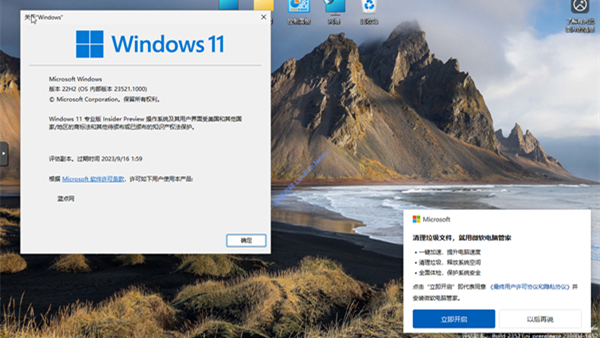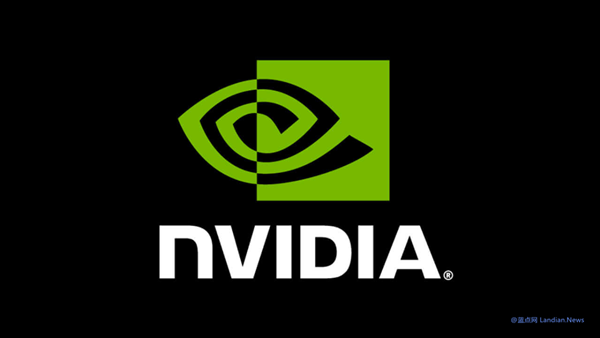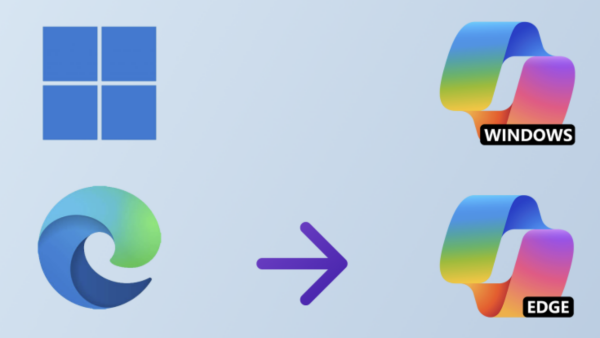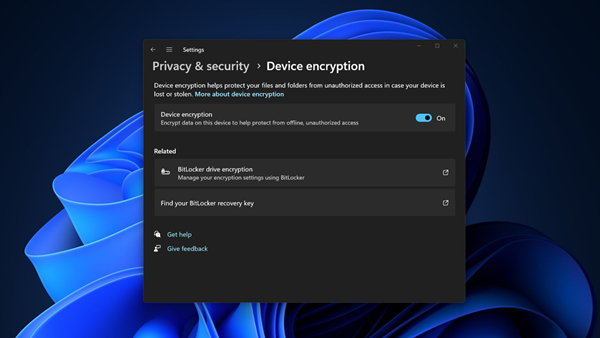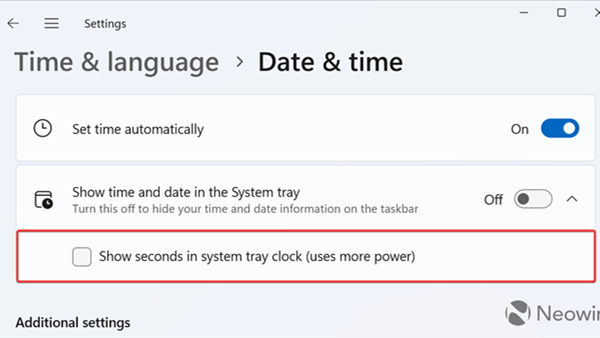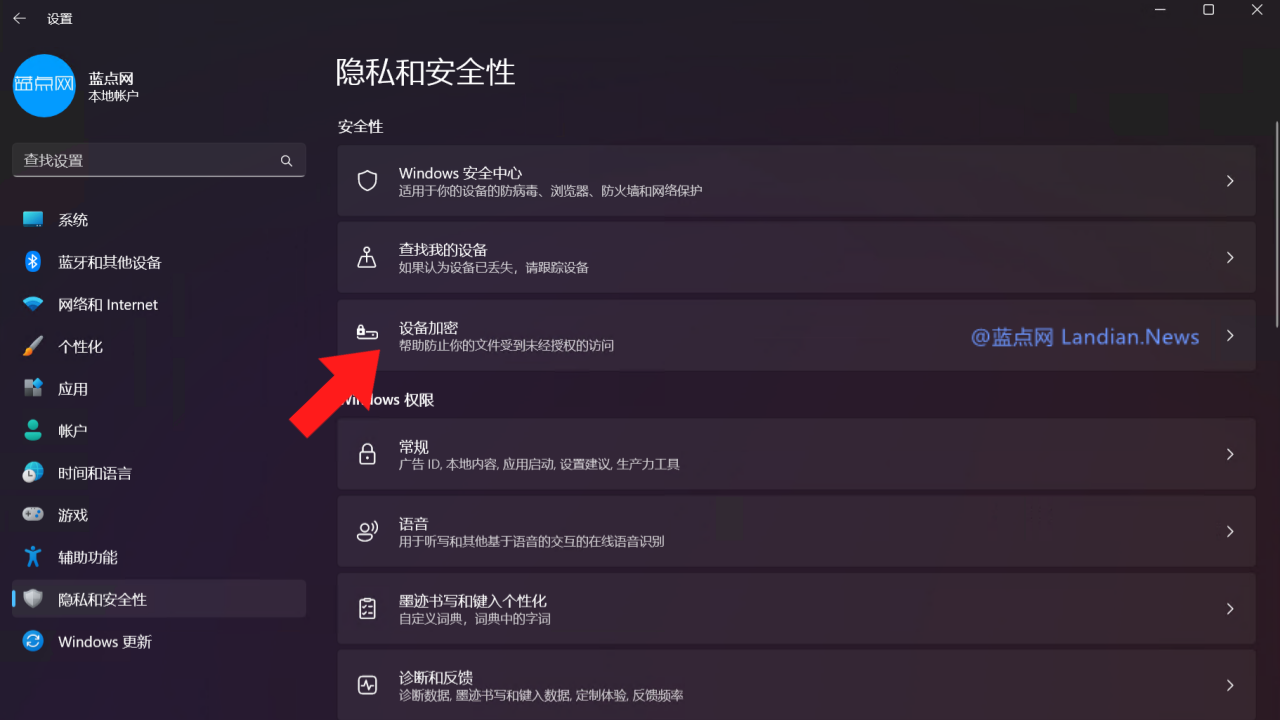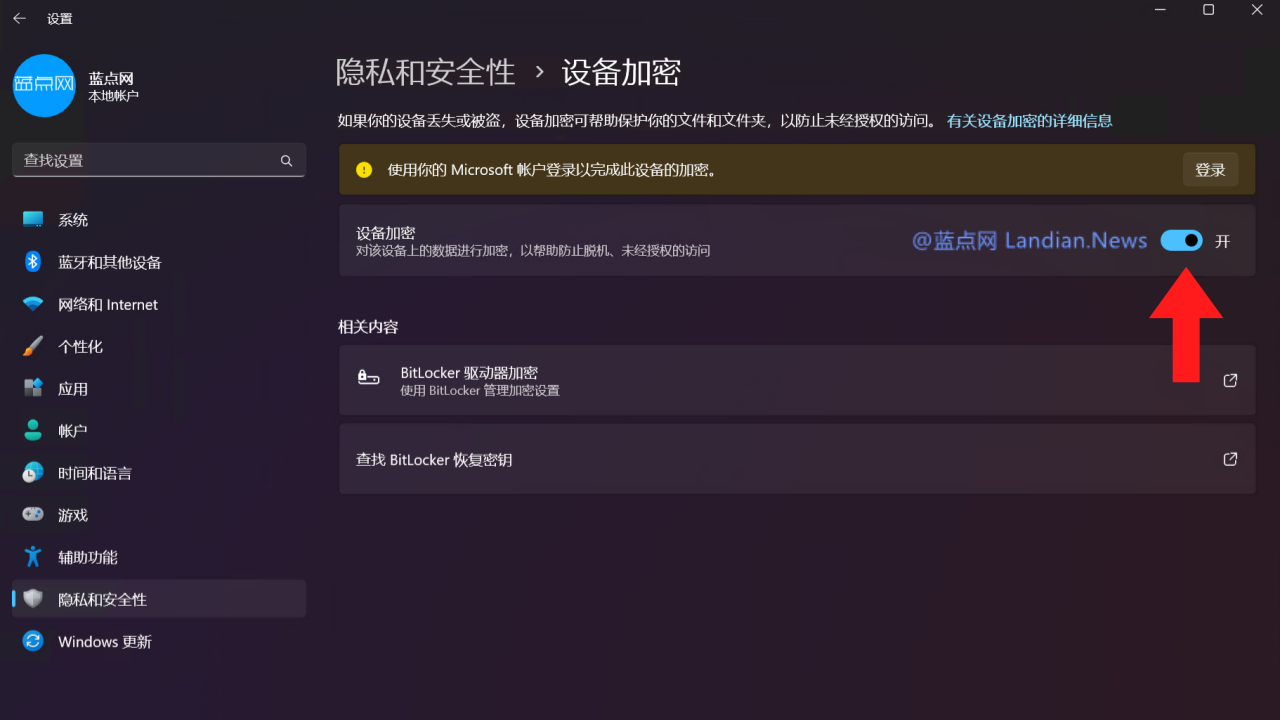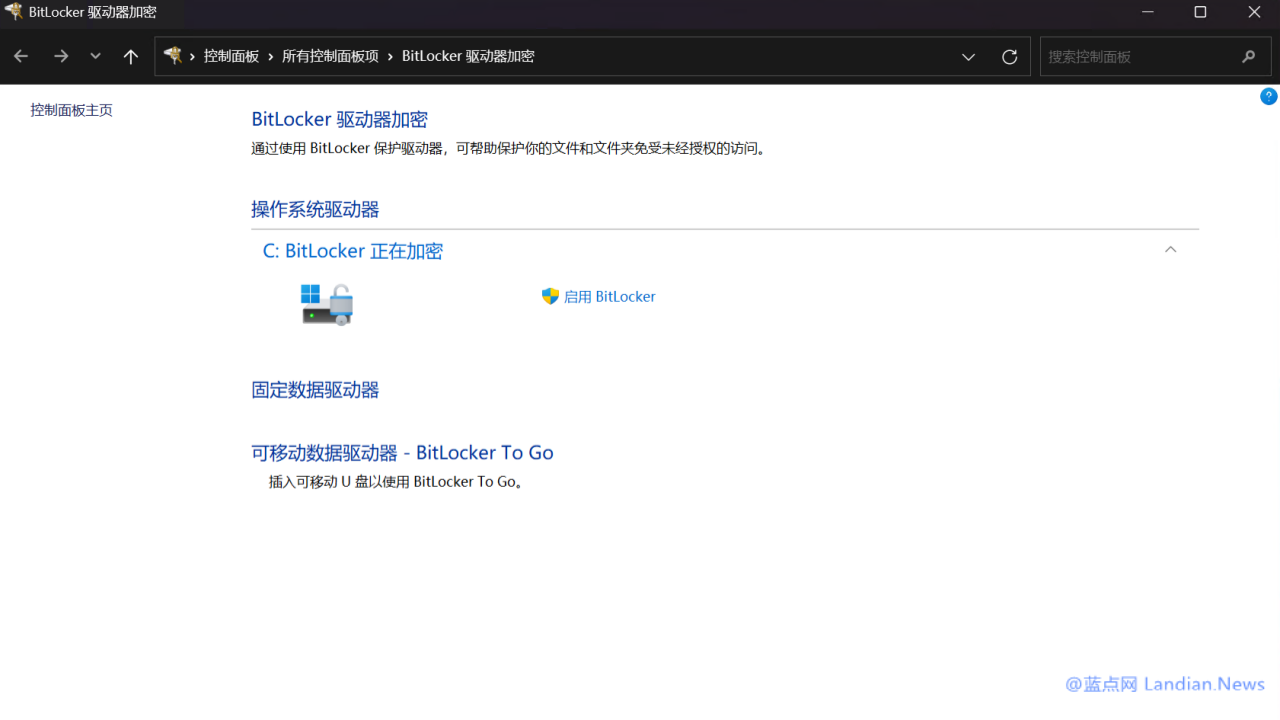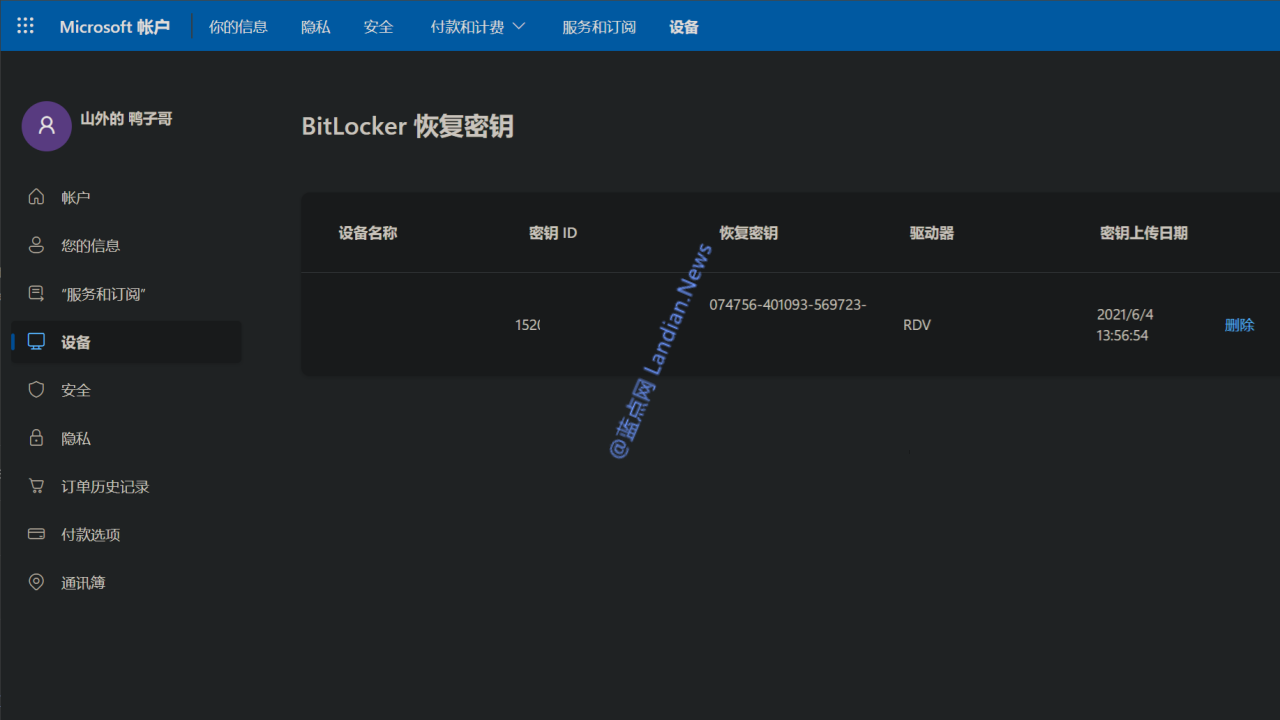Microsoft Downgrades Copilot to a PWA, No Longer Deeply Integrated into Windows 11
In a surprising move, Microsoft has shifted its approach towards Copilot, an artificial intelligence service that has been receiving significant emphasis from the company. The latest Windows 11 test release reveals that Microsoft has downgraded the Copilot application from its previous deep integration within Windows 11 to a Progressive Web Application (PWA).
The advantage of a PWA lies in its complete reliance on the web, using the WebView 2 engine for loading and rendering on Windows 11. This allows it to function in a windowed mode, similar to traditional applications. This transition might come as good news for users who are not keen on Copilot, as PWAs can be uninstalled, unlike features deeply integrated into Windows 11.
However, this change spells bad news for Copilot enthusiasts. The downgrade to a PWA means a reduction in functionality. For instance, previously advertised capabilities of Copilot, such as opening system settings or adjusting features, may no longer be available.
For example, whereas the integrated version of Copilot in Windows 11 could help users activate power-saving mode, the PWA version might only provide instructions for doing so, leaving users to make the changes themselves.
Additionally, there's no difference between the PWA and web versions of Copilot, with the PWA essentially being a web-based wrapper. This means that users who prefer not to use the PWA version can still access Copilot through its web version.
Microsoft's decision to downgrade Copilot has left many puzzled, especially given the company's significant promotional efforts highlighting its deep integration into Windows 11. This move raises questions about the future development path of Copilot.


